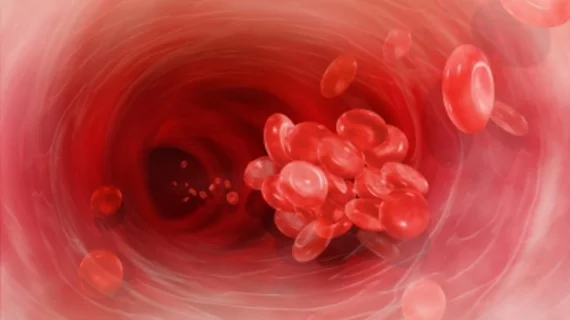Engineers creating diseased blood vessels to test medications
A research team at Worcester Polytechnic Institute in Massachusetts is engineering functioning human blood vessels which can mimic common cardiac and vascular problems, a tool they hope can be used to test new medications more quickly.
Biomedical engineer Marsha Rolle, PhD, has previously created self-assembling normal blood vessels using human smooth muscle cells. Now—funded by a three-year, $437,700 grant from the National Heart, Lung, and Blood Institute—her team is intentionally producing flaws in the vessels to create conditions such as atherosclerosis or aneurysm.
“This is unique work because we can customize individual ring units so we can put a diseased region in one small area of the vascular tube, which is what doctors would likely see in a patient,” researcher Hannah Strobel, PhD, said in a press release. “It’s really important that we affect only one small region of the vessel because of the way it affects changes in blood flow and how diseases progress.”
Rolle said the engineered vessels could allow for rapid testing of new medications, including those which have worked in animal models but haven’t been proven in humans. The current drug development and approval cycle takes about 10 years, she said.
“Testing medicines and procedures in patients is both risky and time consuming,” said John Keaney Jr., MD, chief of cardiovascular medicine at UMass Memorial Health Care and a collaborator on the blood vessel research. “Having models that accurately reflect what is happening in patients’ bodies is very advantageous. It’s certainly important work that could bring things to patients more quickly and safely.”
Read more below:

